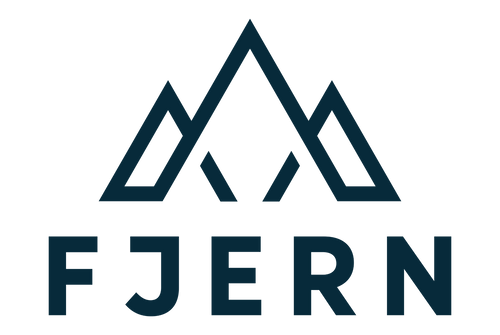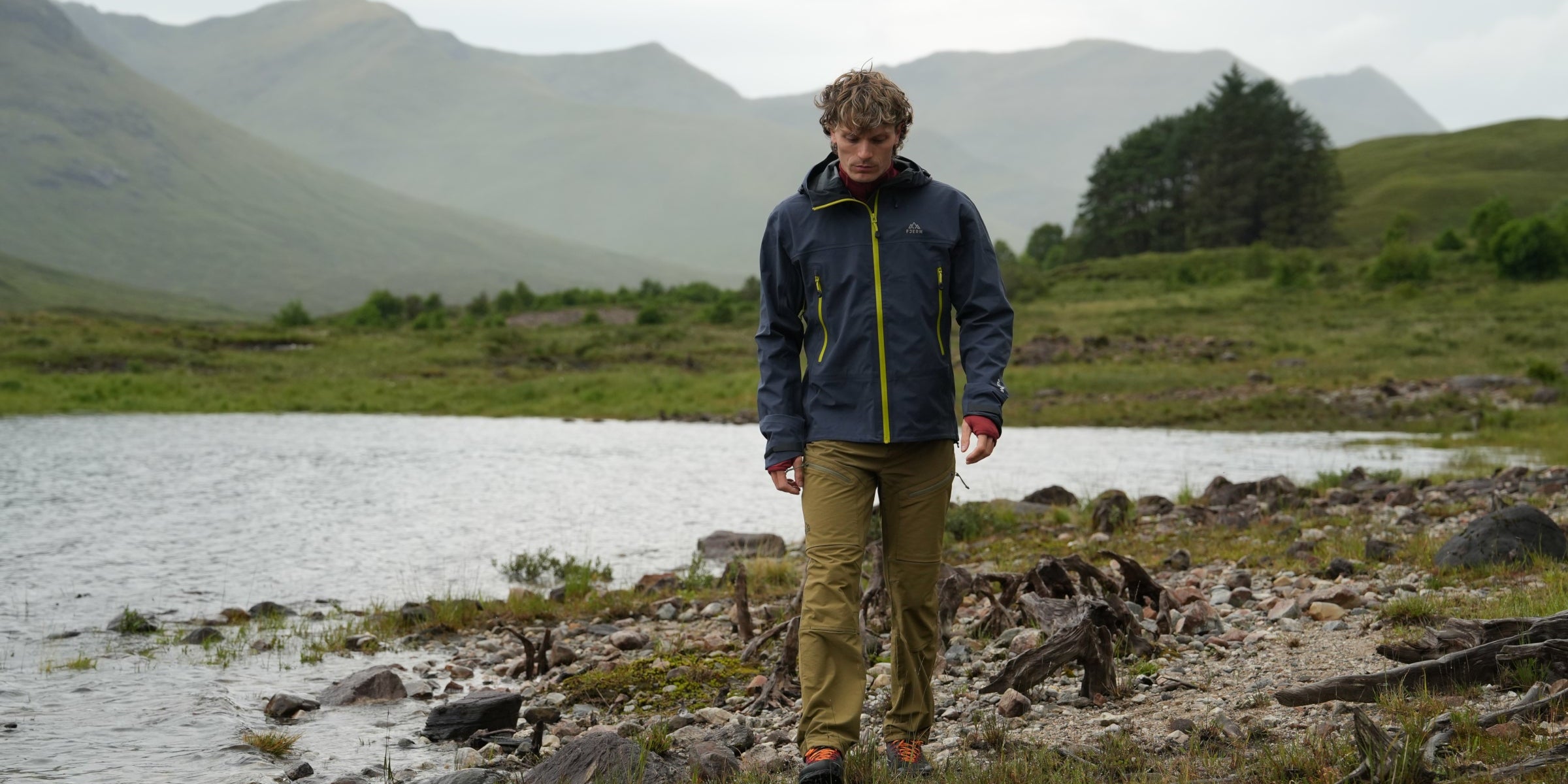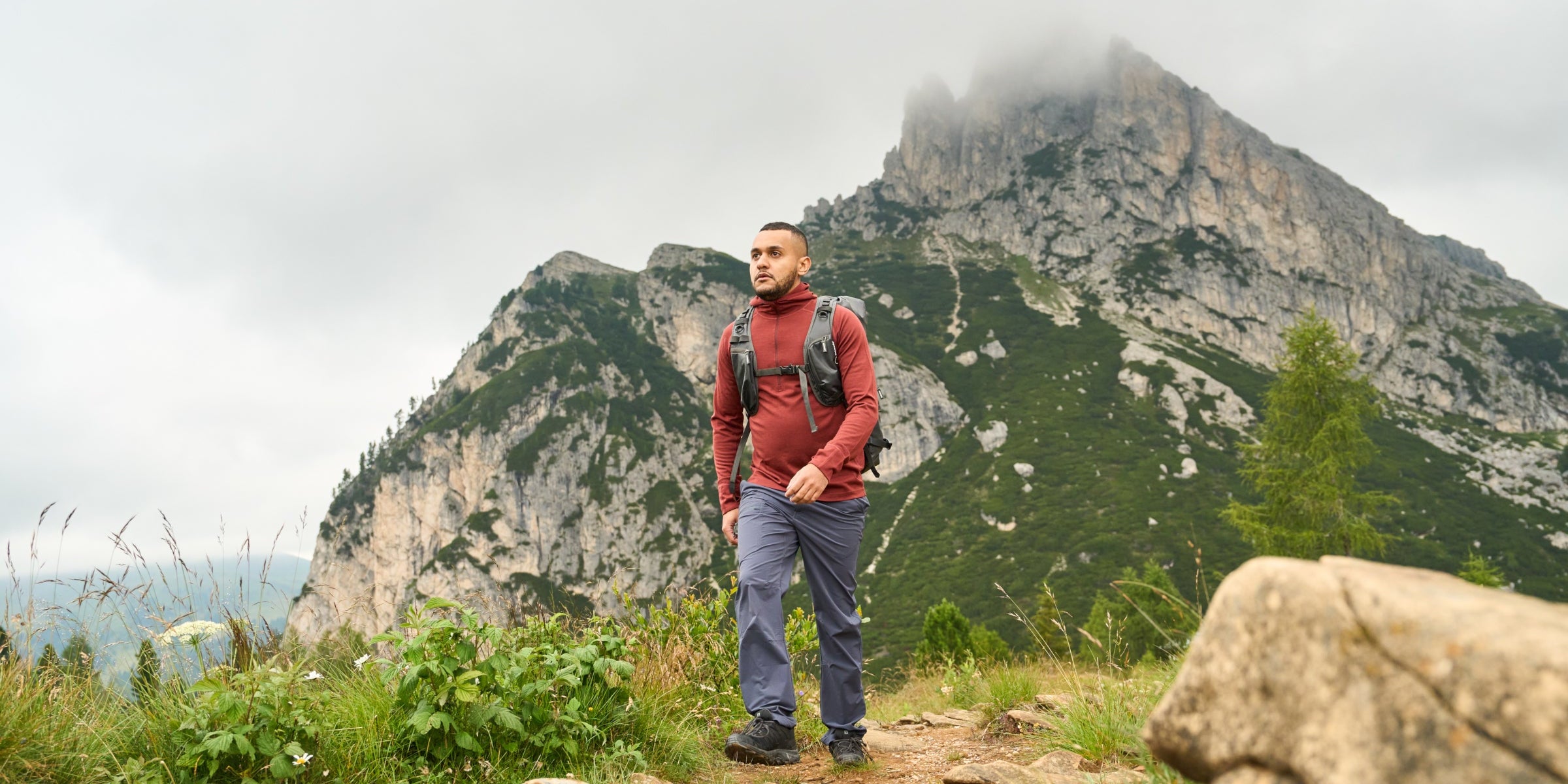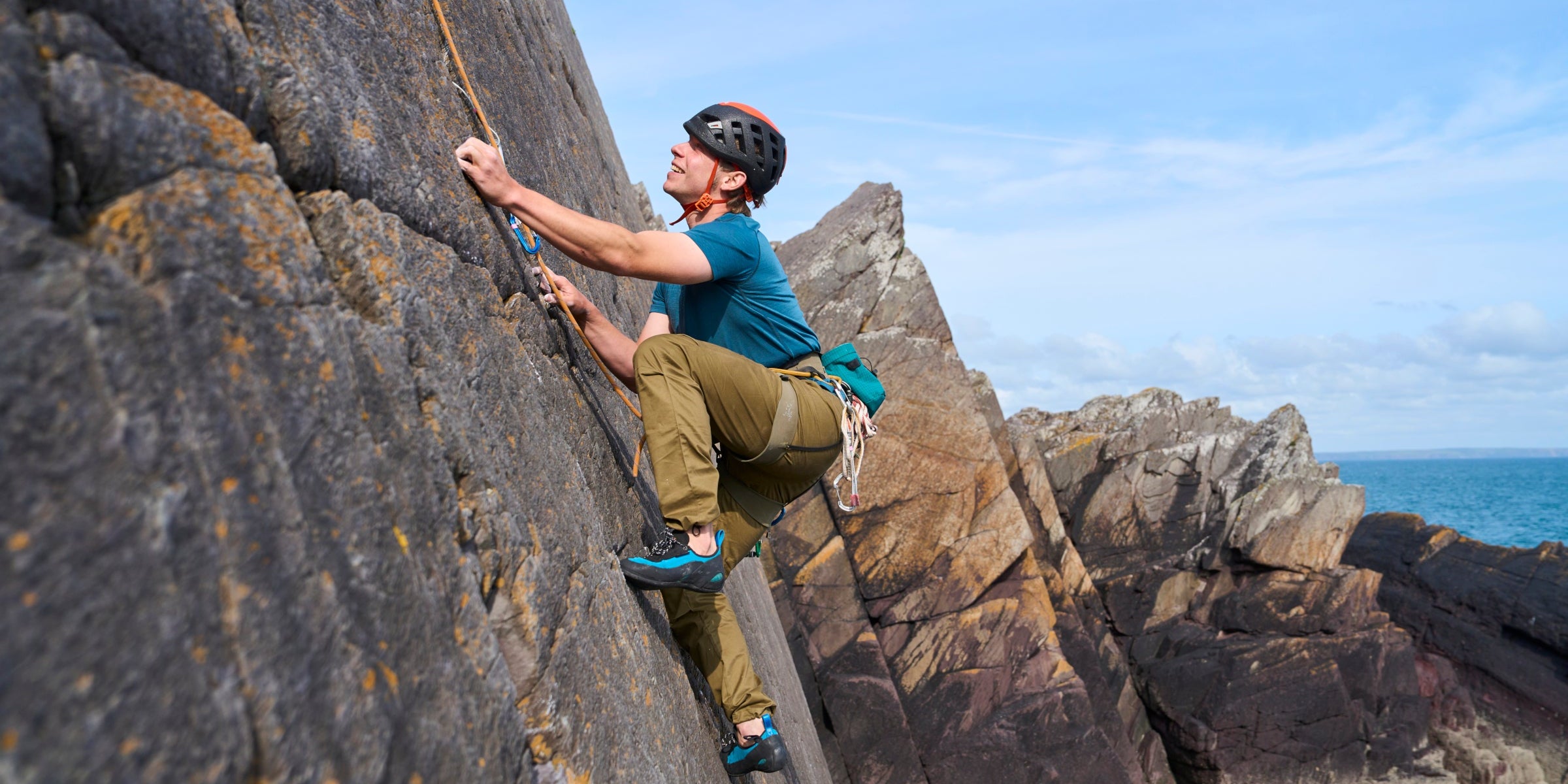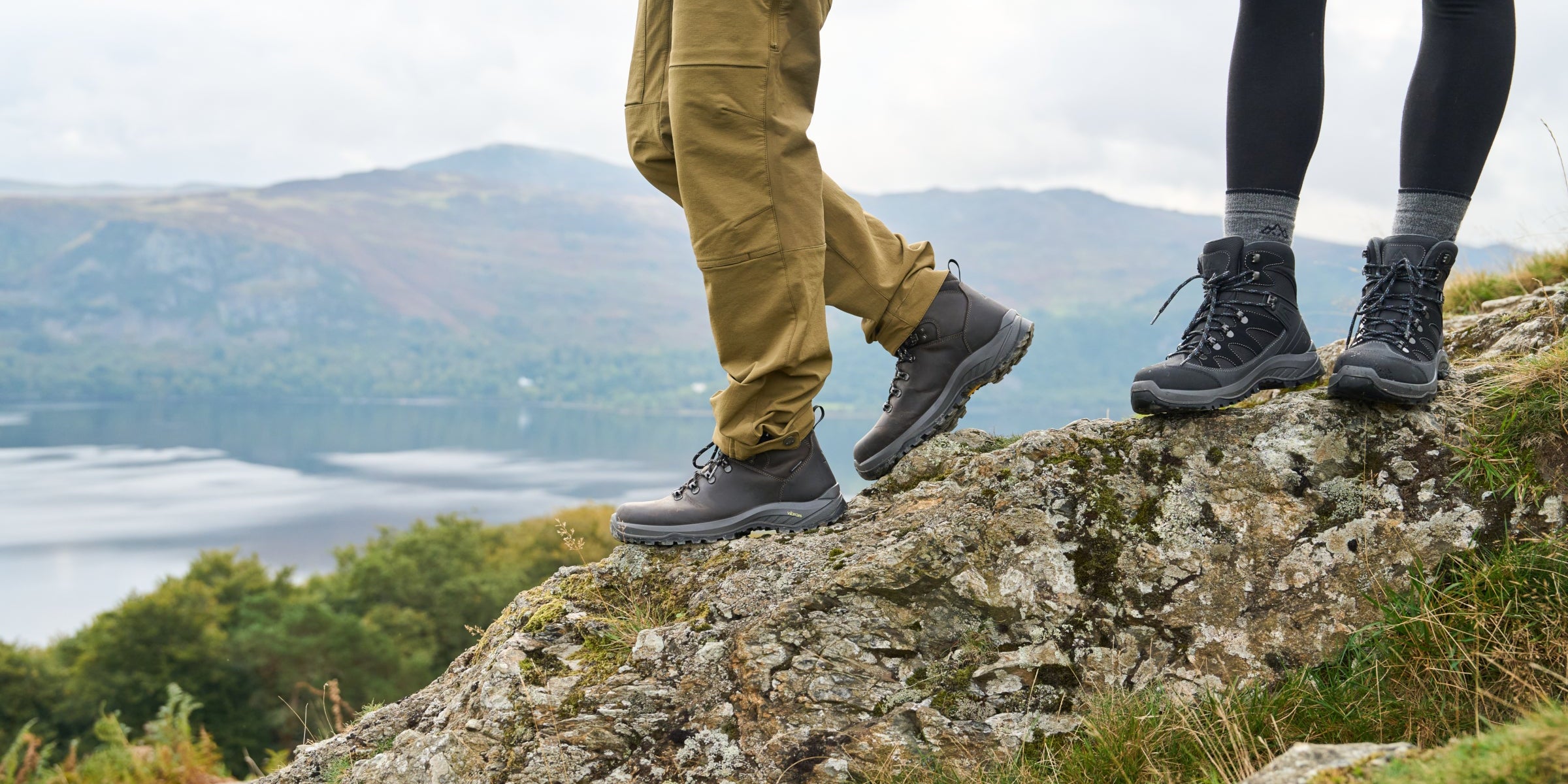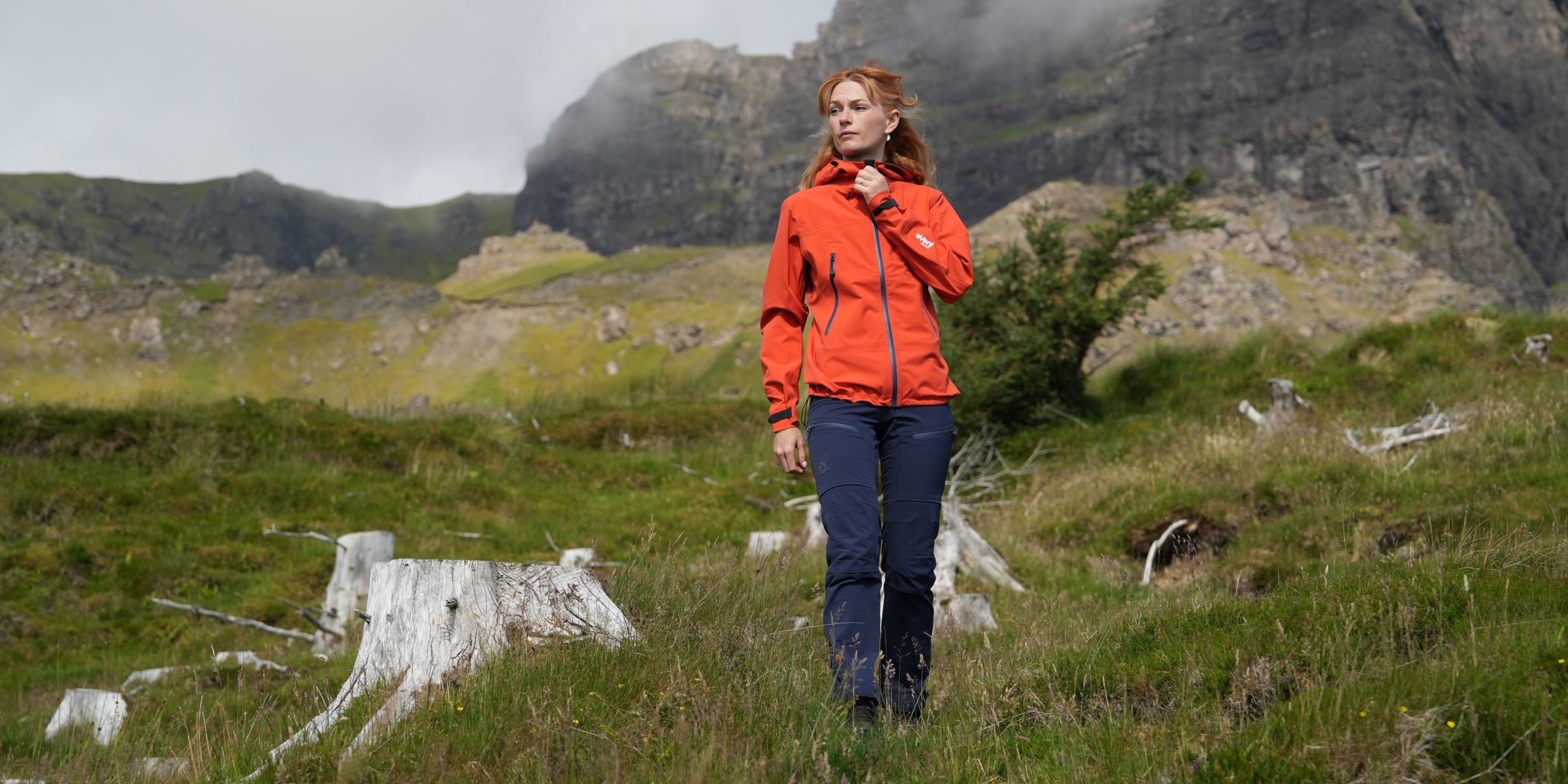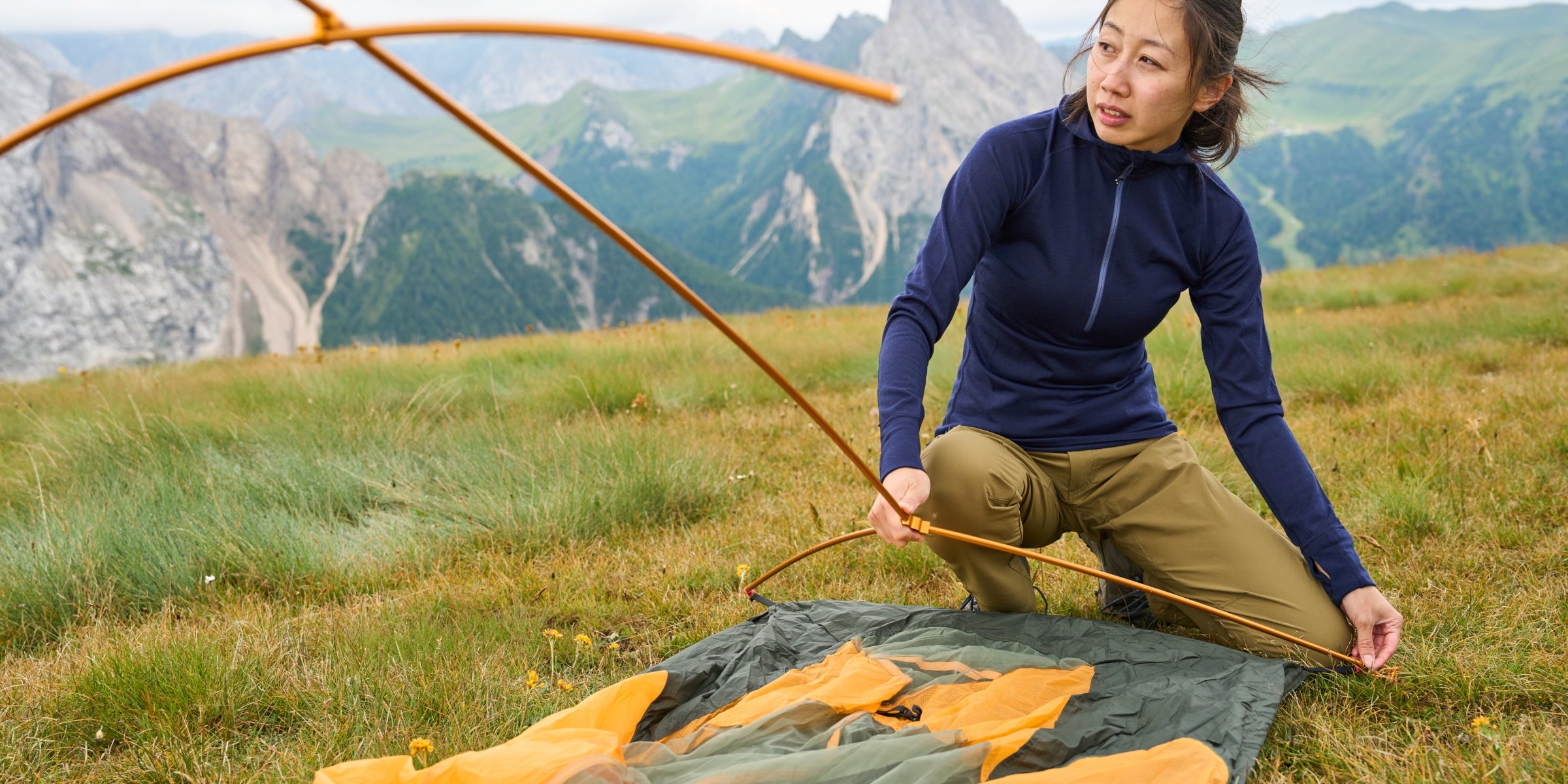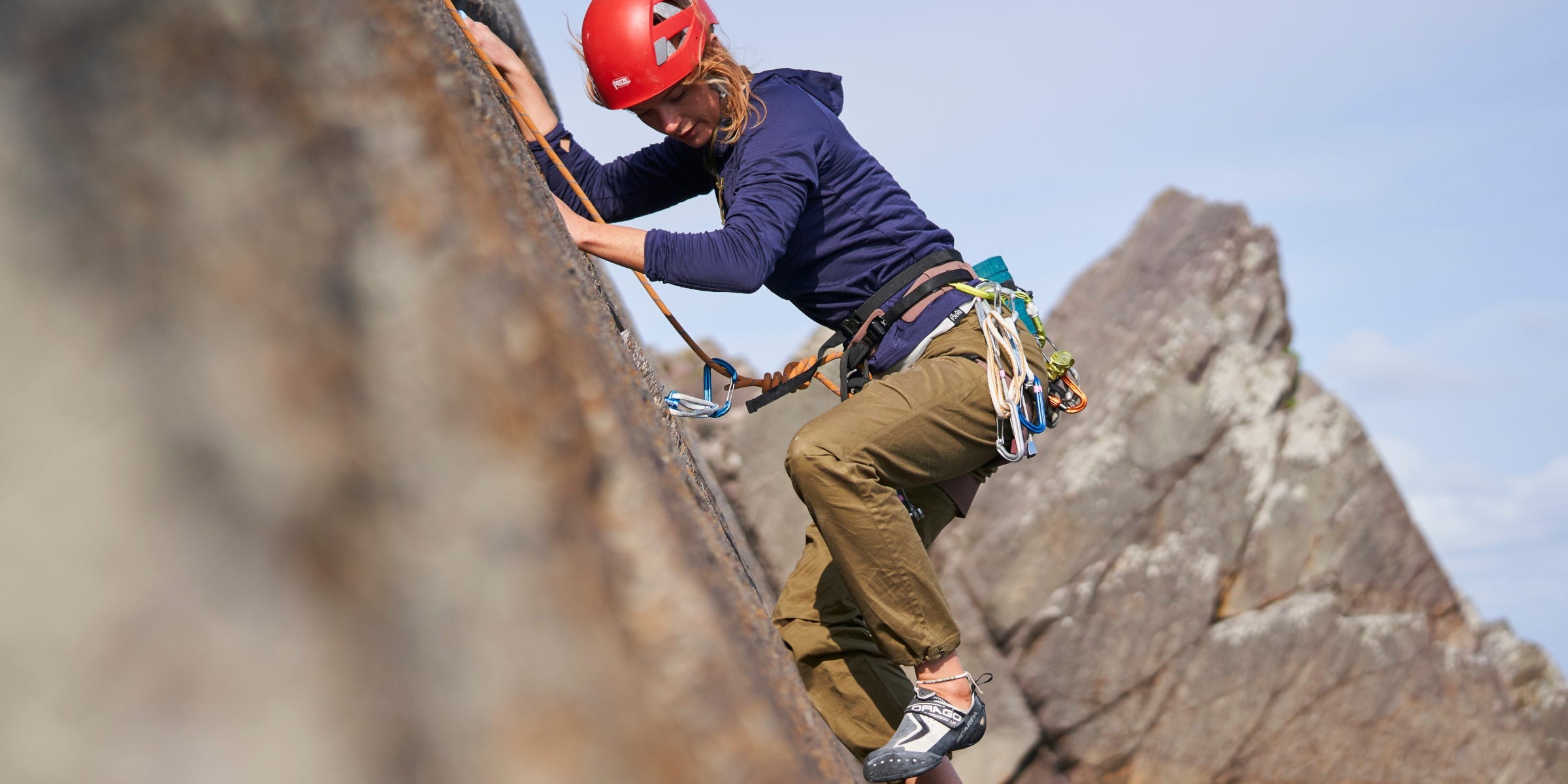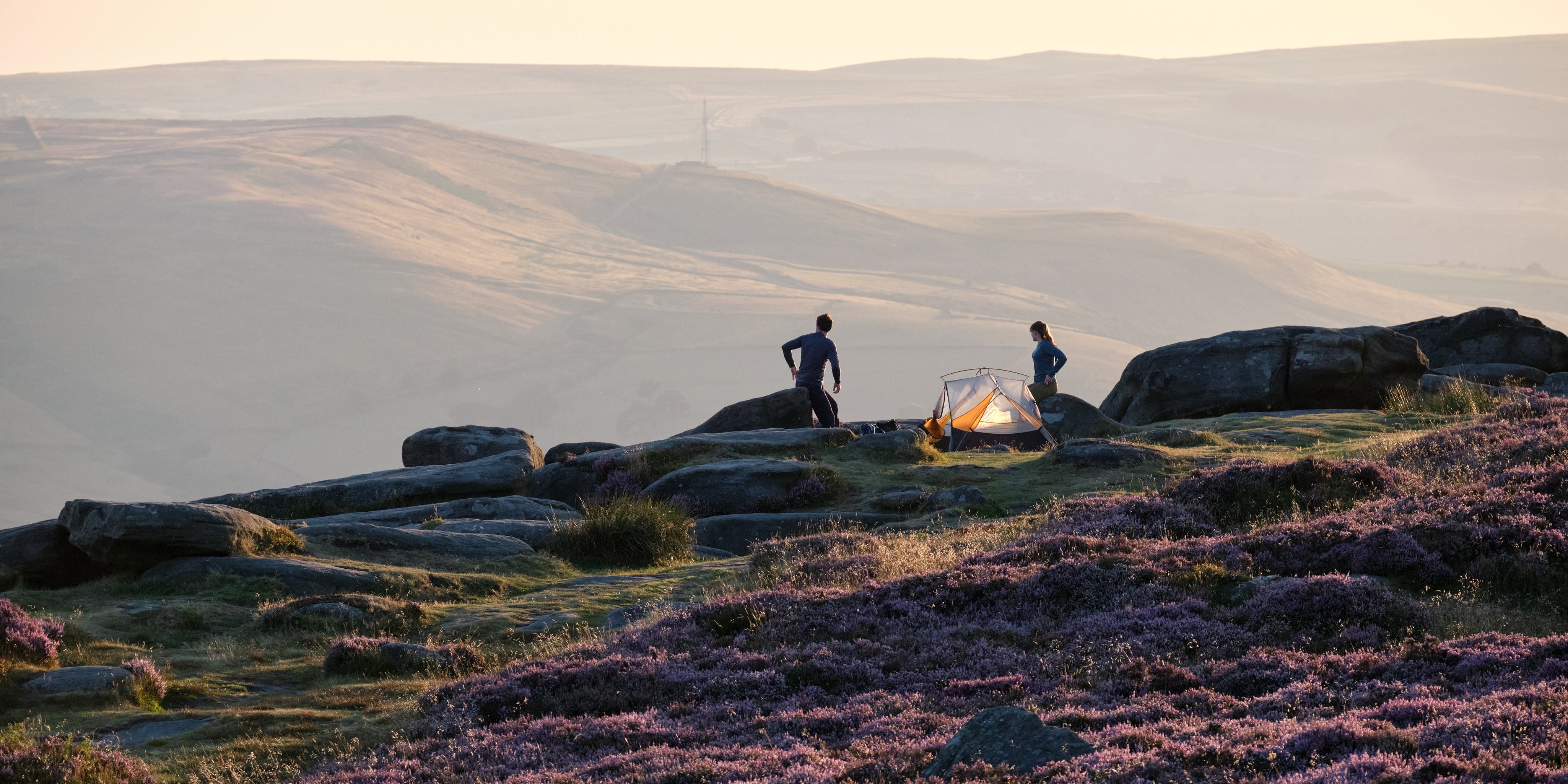When venturing into unpredictable weather, having a reliable waterproof jacket is a must. Two of our heavyweights in this category are the Orkan and Forsvar jackets. Both come with impressive specs and features designed for outdoor enthusiasts, but which one is truly the best fit for you? Let's explore the details, so you can choose the jacket that ticks all your boxes.
Quick Comparison Chart
| Feature | Orkan | Forsvar |
|---|---|---|
| Waterproof Rating | 20,000mm | 15,000mm |
| Breathability | 26,000 g/m²/24hrs | 15,000 g/m²/24hrs |
| Fabric | eVent® with Direct Venting™ Tech | 100% Recycled ecoSHIELD® |
| Weight (Size M) | 540g | 525g |
| Recycled | ||
| Hood Design | Helmet-compatible, wired brim | Adjustable, wired brim |
| Internal Pockets | 1 large mesh pocket, 1 chest pocket | 1 chest pocket |
| External Pockets | 2 large handwarmer pockets | 2 handwarmer, 1 chest pocket |
| Underarm Venting | ||
| DWR Finish | Standard DWR | PFC-free Super DWR |
| Reflective Details | ||
| Price (01/11/2024) | £350 | £250 |
Waterproofing & Breathability
With a 20,000mm waterproof rating, the Orkan is built to tackle heavy rain and harsh alpine conditions. Its eVent® fabric uses Direct Venting™ technology, which actively lets moisture escape, keeping you dry from both rain and sweat. The high waterproof rating, combined with fully taped seams and durable water-repellent (DWR) finish, means you can brave torrential downpours confidently.
The Forsvar jacket offers a solid 15,000mm waterproof rating. Its ecoSHIELD® fabric, made from 100% recycled polyester, delivers reliable protection from rain and snow. Although slightly lower than Orkan’s waterproof rating, the Forsvar's rating is still strong enough for most wet-weather adventures.
The Orkan takes the lead in breathability with a rating of 26,000 g/m²/24hrs, while the Forsvar offers a decent 15,000 g/m²/24hrs. These ratings indicate how much moisture vapour the fabric can release over 24 hours. Higher numbers mean better moisture management, keeping you drier during intense activities. This difference might not be critical for casual hikers but is worth noting for those tackling intense climbs or heavy exertion.
Durability & Weight
The Orkan jacket uses a tough, 3-layer Nylon face fabric designed to withstand wear and tear. It’s lightweight at 540g (Size M), which is quite reasonable for a jacket this durable and feature-packed.
The Forsvar jacket, made from recycled materials, is slightly lighter at 525g (Size M). Despite its eco-friendly build, it doesn’t compromise on toughness. The fabric's jersey backing keeps it lightweight and flexible, making it ideal for those who value both performance and sustainability.
Design & Features
Both jackets are packed with technical features, but a few are in slightly different areas:
- Hood Design: The Orkan has a fully adjustable, helmet-compatible hood with a laminated and wired brim for extra coverage and stability in windy conditions. The Forsvar’s hood, while also adjustable and featuring a wire brim, isn’t as heavily reinforced, but it does offer reliable protection.
- Storage: The Orkan excels in storage with two large handwarmer pockets placed high enough to avoid backpack straps and a spacious internal stretch mesh pocket. The Forsvar keeps things simple with two handwarmer pockets and a water-resistant chest pocket. Both jackets have internal chest pockets for essentials.
- Ventilation: Both jackets feature underarm pit zips, which help regulate temperature during strenuous activities.
Eco-Friendliness
Where the Forsvar really stands out is in its eco-friendly construction. The ecoSHIELD® membrane is made from 100% recycled polyester, combining post-consumer waste (like plastic bottles) with production waste. Not only is it GRS and BlueSign certified, but it’s also recyclable at the end of its lifespan. Plus, its PFC-free DWR coating means it doesn’t rely on harmful chemicals to repel water, aligning with growing eco-conscious trends.
While the Orkan lacks the eco-certifications of the Forsvar, its eVent® fabric is engineered for long-lasting durability. Though not made from recycled materials, it’s built to withstand years of use, reducing the need for frequent replacements. Choosing the Orkan means opting for a jacket that values longevity over disposability.
Fit
Designed with alpine use in mind, the Orkan has an athletic fit that’s roomy enough for layering but streamlined enough to avoid bulkiness. Articulated elbows and no-lift gusseted underarms allow for great freedom of movement, essential for climbing or scrambling.
The Forsvar is slightly more relaxed but still offers an active fit. It’s designed to accommodate layers, making it a versatile choice for various weather conditions and activities.
Which Jacket Should You Choose?
-
Go for the Orkan if:
You prioritise extreme waterproofing, high breathability, and technical features. If you’re heading into harsh weather or doing strenuous activities, the Orkan’s advanced specs and design will keep you dry and comfortable.
-
Go for the Forsvar if:
You’re looking for a solid, eco-friendly jacket with reliable waterproofing and breathability at a lower price point. If sustainability matters to you and your outdoor activities aren’t in extreme conditions, the Forsvar is a fantastic option.
FAQs
-
Can the Forsvar’s ecoSHIELD® fabric be recycled?
Yes, ecoSHIELD® fabric is designed to be recyclable, reducing its environmental impact even after the jacket reaches the end of its life.
-
Is the Orkan suitable for casual hikes?
Absolutely, but it’s designed with alpine conditions in mind. So, if you’re only hiking casually in mild conditions, it might be more than you need.
-
Which jacket is better for high-altitude?
The Orkan jacket is the better choice for high-altitude due to its higher waterproof and breathability ratings, helmet-compatible hood, and articulated fit designed for intense activities.
-
Can I wear the Forsvar jacket in heavy rain?
Yes, with its 15,000mm waterproof rating, the Forsvar can handle heavy rain. However, it might not offer the same level of protection as the Orkan in extreme downpours or prolonged wet conditions.
-
How often should I reapply DWR on these jackets?
It’s recommended to reapply the DWR coating every 6-12 months, depending on how frequently you use the jacket and the conditions it’s exposed to. Both jackets benefit from occasional reapplication to maintain their water-repellent performance.
